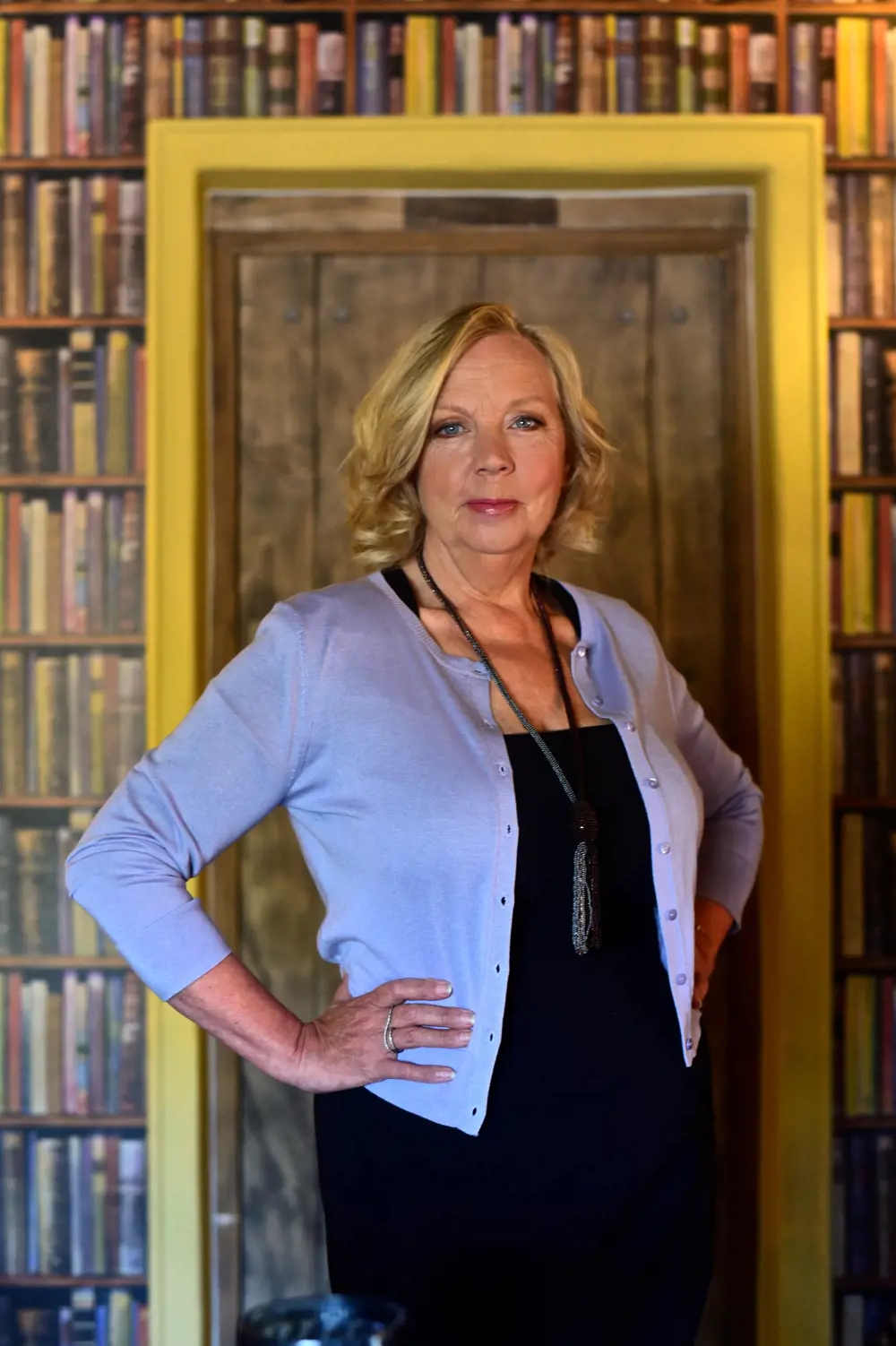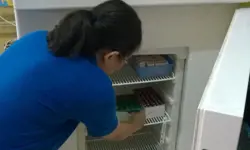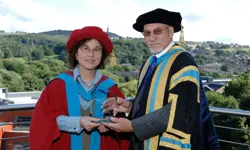
Q&A: Deborah Meaden

Could you tell me about the 'engineering habits of mind' that are often shown by successful business leaders such as yourself?
Engineers and entrepreneurs share many common traits. They don’t stop at obstacles, but look for a ways to overcome them – indeed, they seek out problems with existing products and processes to improve them using creative problem-solving. They have an eye to the future and are constantly seeking to adapt, reimagine and invent. They are prepared to try new things and ways of doing things, and take the risks that go with that…and the rewards.
What advice would you give to young inventors and entrepreneurs?
Always be clear on what problem you are solving, how big that problem is and can it be solved for a price people will be prepared to pay?
How do you think young people can help the planet?
Placing planetary impact at the heart of their decisions both in their personal and work life not only can they affect their immediate surroundings but also help influence those around them. Adapting lifestyle and workplace practices so that sustainability becomes embedded is a powerful way to drive the changes we need to make.
Quick-fire questions
Deborah's engineering icons, from ancient Egypt to the one in everyone's pencilcase...
Who's your most admired historical engineer or inventor?
Rosalind Franklin
Do you have a favourite tool/tech gadget?
Air fryer
Which engineering achievement couldn’t you do without?
Computer
Most impressive bit of engineering to look at?
Temple of Ramasses II at Abu Simbel
Overlooked engineering successes?
Biro
If you were an engineer, which type of engineer would you be?
I think the circular economy is going to offer up some real opportunities, but circularity needs to be designed into consumer products from the concept. Not the kind of circularity that relies on high-energy recycling, but the type that gives products real extended use and end of life options.
From your time on Dragons' Den, what are the engineering-related innovations that impressed you the most?
I love the story of Gripit, the world's strongest plasterboard fixing – invented by a 14-year-old and his grandad to solve a problem with fixing blinds to plasterboards. Or Marxman pens, invented in a shed in the back garden because Martin needed something that would properly mark drilling points on difficult surfaces! Both are now sold around the world.
Keep up-to-date with Ingenia for free
SubscribeRelated content
Design & manufacturing

Super cool(er)
Welsh startup Sure Chill has developed a cooler that uses the properties of water to keep its contents cool for around 10 days without electricity. This is ideal for storing items such as vaccines where electricity sources are unreliable.

R&D investment makes good business sense
In just five years, Dr Ralf Speth FREng has presided over a revolution in design and manufacturing that has helped create a new family of engines and has overhauled Jaguar Land Rover (JLR) production facilities.

Steel can arise from the ashes of coal
Thousands of people were laid off in the UK steel industry in 2015 and there are pessimistic future forecasts. Professor Sridhar Seetharaman of the Warwick Manufacturing Group argues that smaller, flexible steel mills implementing new technology would better cope with fluctuating global trends.

Integrating metrology in business and academe
Professor Jane Jiang’s interest in measuring began when she worked on a bus production line in China. She found that the best way to improve quality, consistency and productivity was through metrology, the science of measurement. Today, she runs the UK’s largest metrology research group.
Other content from Ingenia
Quick read

- Environment & sustainability
- Opinion
A young engineer’s perspective on the good, the bad and the ugly of COP27

- Environment & sustainability
- Issue 95
How do we pay for net zero technologies?
Quick read

- Transport
- Mechanical
- How I got here
Electrifying trains and STEMAZING outreach

- Civil & structural
- Environment & sustainability
- Issue 95